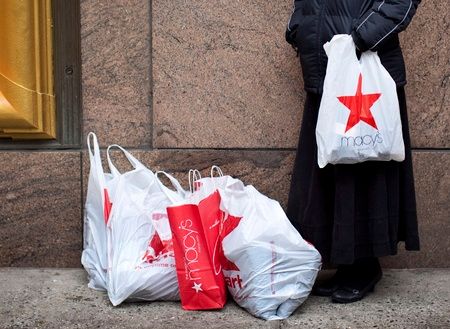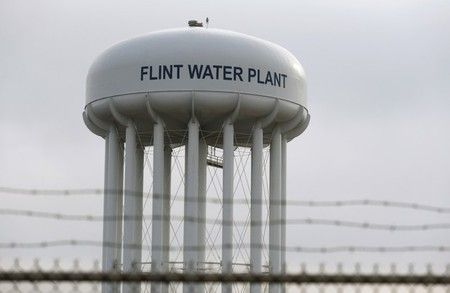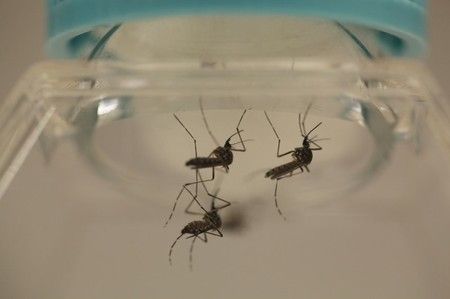Advertisement
New York City gives nod to 5-cent charge for store bags
By Gina Cherelus
NEW YORK (Reuters) – The New York City Council approved a bill on Thursday to require many merchants to charge 5 cents for each plastic or paper bag taken by consumers at checkout counters, and Mayor Bill de Blasio said he intended to sign it.
The bill, backed by 28 of the 48 council members, is designed to encourage consumers to shift to reusable bags in a city that goes through more than 9 billion of the flimsy white containers a year, according to the council.
Most of the bags used by shoppers are not recycled, forcing the city to pay millions of dollars to haul 91,000 tons of plastic and paper bags to landfills in other states each year, City Council spokeswoman Amy Varghese said.
The bill would take effect in October.
The city estimates that the fee could reduce plastic and paper bag waste by about 60 percent, based on the experiences of other cities, the mayor said in a statement released after the council’s vote.
U.S. cities with similar laws include Cambridge, Massachusetts, Seattle, San Francisco and Los Angeles. The addition of New York, the country’s most populous city with 8 million residents, could add momentum to the push to get shoppers to go green.
De Blasio’s OneNYC environmental initiative has committed to entirely eliminating the transporting of garbage to landfills by 2030.
The bill, which was supported by the New York City Environmental Justice Alliance and other advocacy groups, makes exceptions for restaurants that offer take-out and delivery, and for people enrolled in government food assistance programs.
“The Council’s legislation strikes the right balance, reducing reliance on single-use bags and incentivizing the use of reusable bags, while safeguarding consumers with some logical exemptions to protect vulnerable New Yorkers,” the mayor said.
Stores that violate the law could be fined $250 for the first offense and $500 for subsequent violations.
The American Progressive Bag Alliance, a industry group that strongly opposed the legislation, said the requirement would bring few environmental benefits while costing consumers millions of dollars.
“It’s a minuscule portion of the litter waste stream so it won’t produce any meaningful sustainability benefits,” said Phil Rozensky, policy chairman of the alliance. “This definitely sends a signal that New York doesn’t support manufacturing or recycling jobs.”
(Reporting by Gina Cherelus; Editing by Frank McGurty and David Gregorio)











